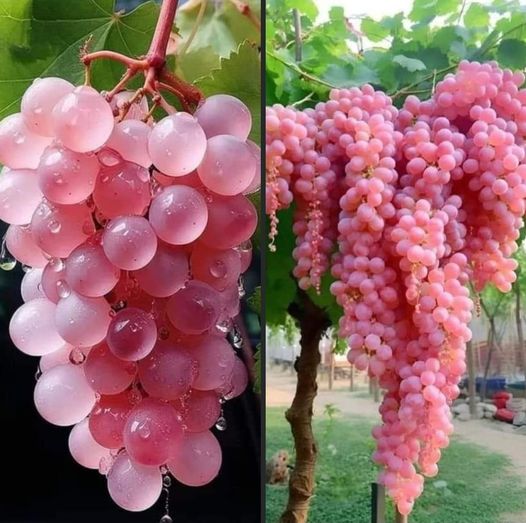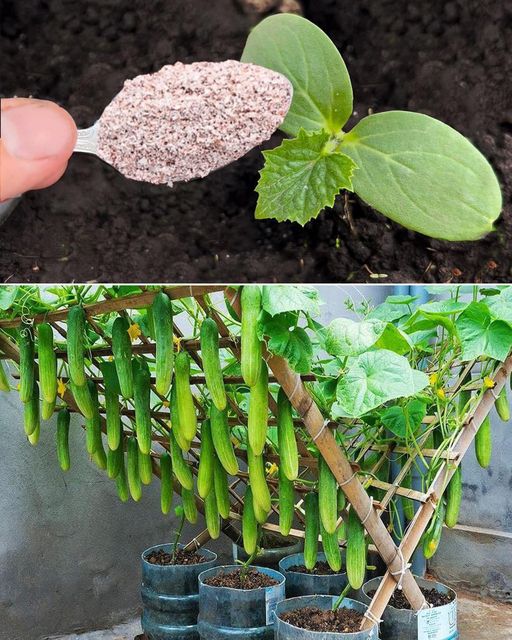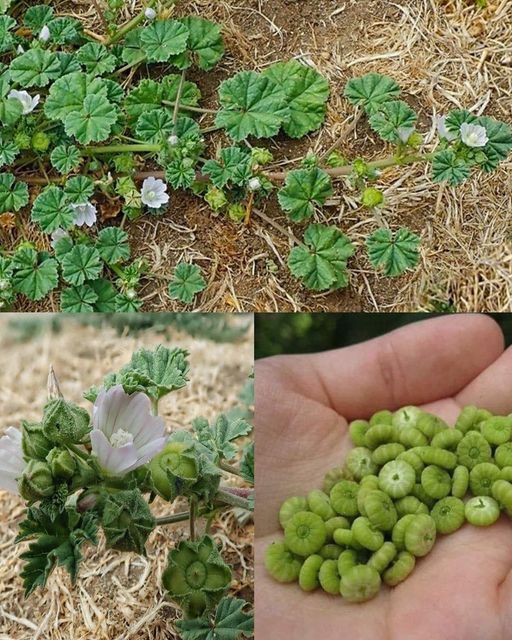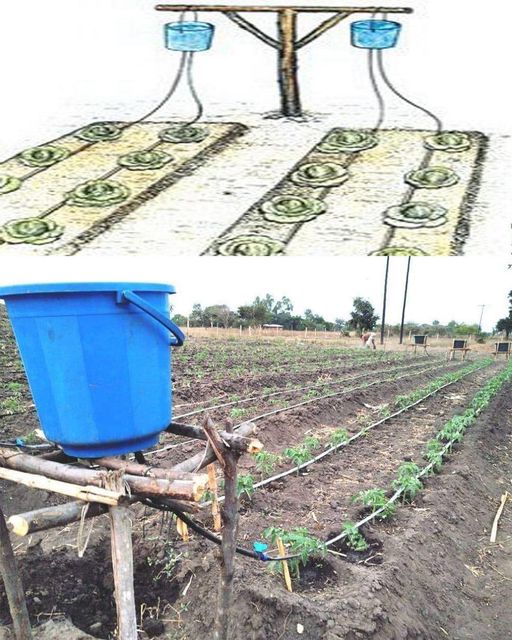Not all plants are safe to have in your garden. In this article, we will guide you on how to identify and avoid a highly poisonous plant. This knowledge is essential, especially if you have an outdoor space or garden where you cultivate your own produce.
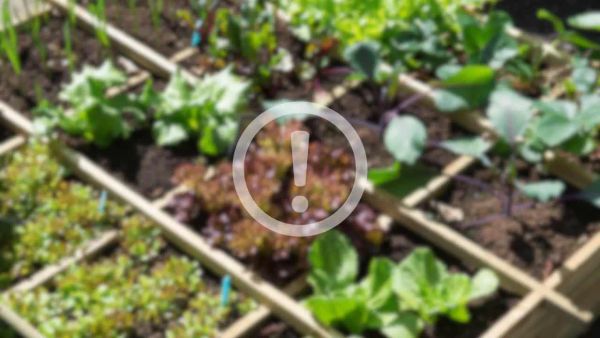
Many people enjoy the satisfaction of growing their own food. It not only provides chemical-free, locally sourced produce but also gives a sense of accomplishment when serving homegrown items at the dinner table.
There are a wide variety of vegetables you can grow in a well-maintained garden. From tomatoes to peppers, celery to lettuce, the options are endless. With some experience and dedication, maintaining a thriving vegetable patch becomes second nature.
Certain vegetables are particularly beginner-friendly. Tomatoes, for example, thrive with ample sunlight and nutrient-rich soil. Other easy-to-grow crops include courgettes, spinach, radishes, peppers, and onions. However, instead of discussing cultivation techniques for these vegetables, this article aims to raise awareness about the risks associated with one specific plant.
Never introduce this toxic plant to your garden, as it poses significant risks. The plant in question is Datura Stramonium, commonly known as devil’s horn. Due to its highly toxic nature, it is important to refrain from cultivating it to prevent potential poisoning or complications.
It is crucial to familiarize yourself with the characteristics of each plant before planting to ensure the safety of your garden and future consumption. While many plants offer health benefits, others, like Datura Stramonium, can be dangerous and should be avoided altogether.
Datura Stramonium, also known as devil’s horn, is highly poisonous to both humans and animals. All parts of the plant, especially its seeds, contain toxins. When in doubt, it is advisable to seek guidance from gardening experts to ensure the safety of your garden and the food you grow.
A recent incident in Gravina di Caltagirone, Sicily, serves as a stark reminder of the dangers of ingesting Datura Stramonium. Mistaken for courgette flowers, individuals consuming its seeds and leaves ended up in the emergency room, showing symptoms of poisoning.
The consumption of Datura Stramonium flowers and seeds can induce hallucinations and delusional behavior, and in severe cases, it can potentially lead to coma or death. Therefore, it is of utmost importance to exercise caution when selecting plants for your garden and to avoid Datura Stramonium completely.
While medical intervention can help alleviate the symptoms of poisoning, prevention is still the best course of action. Ensure the safety of your garden and your well-being by staying informed and avoiding toxic plants like Datura Stramonium.
